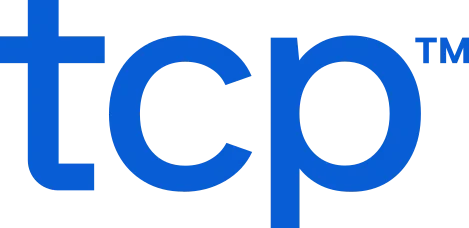Are you tracking your healthcare employees’ time or are you managing your workforce?
We often ask prospective customers to reflect on this very important question. The former simply gets you from clock in/out to payroll, the latter consists of integrated solutions to help you maintain a productive workforce. TCP’s eBook, “Everything You Need to Know About Workforce Management for Healthcare” provides an in-depth examination of the key pillars of robust workforce management with specific use cases for healthcare centers. Here’s what you’ll learn chapter-by-chapter:
Chapter 1, “Time and Attendance: The Core of Workforce Management,” explains how time and attendance data informs every aspect of healthcare workforce management. It can enhance your workforce management with automation, increased employee engagement and improved workforce decisions.
Chapter 2, “Reduce Workforce Friction with Integrated Scheduling,” covers the complexity of employee scheduling and how integrated software solutions can significantly simplify scheduling processes for healthcare centers.
Chapter 3, “Leave Management Tools That Flex to Meet Your Needs” highlights the costs of ineffective leave management and how flexible solutions can help you avoid the pitfalls of excessive absenteeism and compliance issues.
Chapter 4, “Secure Your Employee Files with a Document Management Solution” highlights how healthcare centers can benefit from integrated document management with greater accessibility, increased data security and consolidation of files.
Chapter 5, “Gain Valuable Workforce Insight with Labor Tracking” details how labor tracking can help provide essential labor-related data and insights to healthcare centers.
Chapter 6, “Mobile Solutions Are Essential for Today’s Workforce” covers how today’s modern workforce expects mobile solutions in their day-to-day and highlights how mobile workforce management is especially important to healthcare employees who may not work in an office setting.



